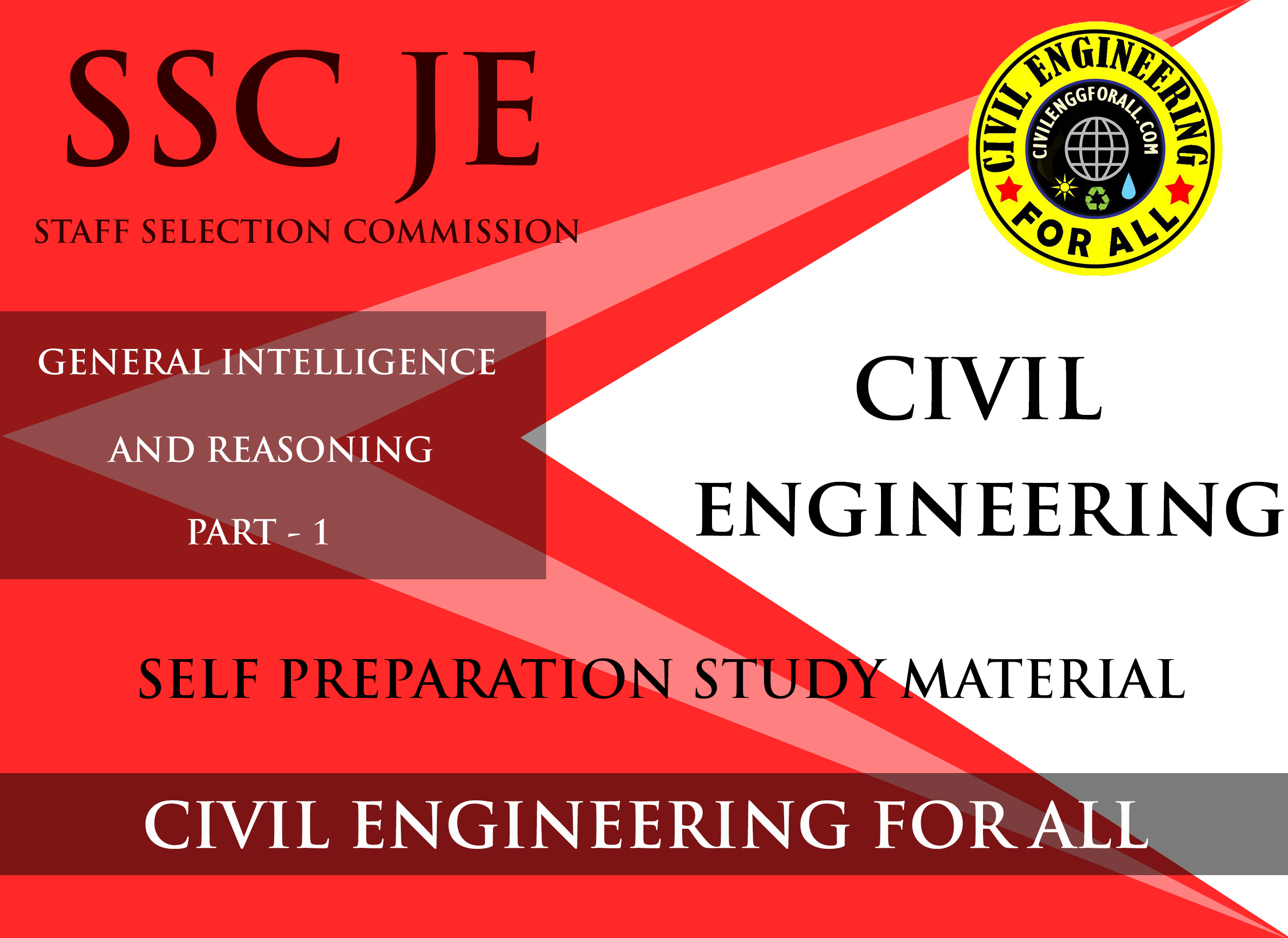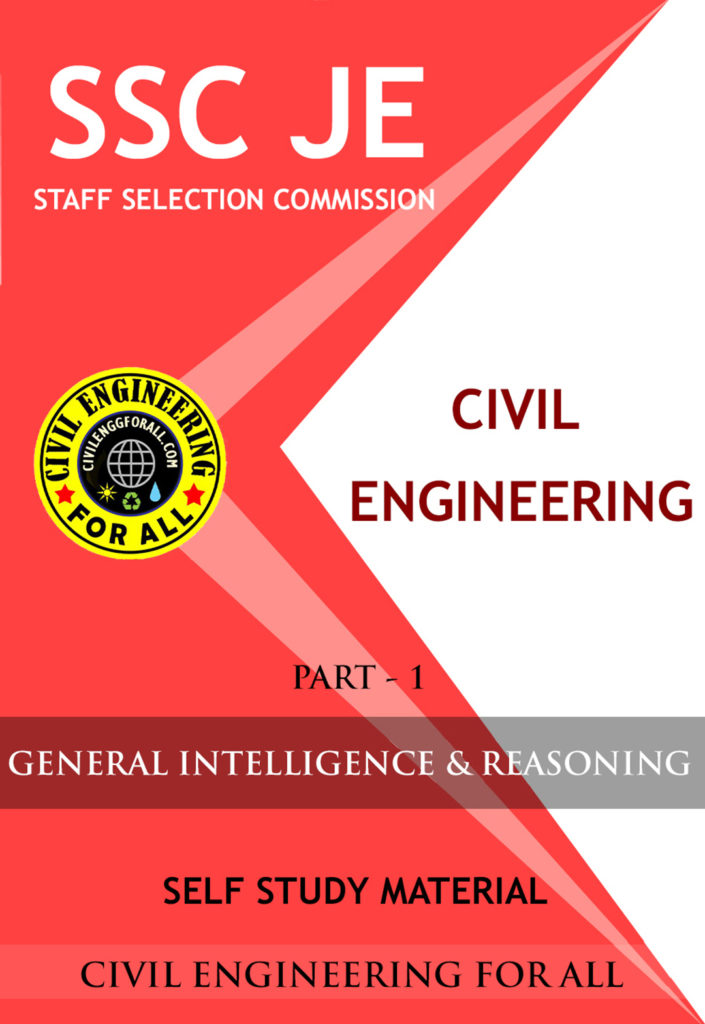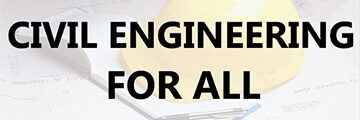

CONTENTS
- Analogy
- Classification
- Series
- Coding and De-coding
- Blood Relation
- Direction and Distance
- Time Sequence, Number and Ranking test
- Number Puzzle
- Logical Sequence of words
- Clock and Calendar
- Venn Diagrams
- Syllogism

What is Analogy?
The meaning of analogy is ‘similar properties’ or similarity. If an object or word or digit or activity shows any similarity with another object or word or digit or activity in terms of properties, type, shape, size, trait etc., then the particular similarity will be called analogy. For example, cricket: ground and chess: table are the analogous pairs (why?). In fact, both pairs of words have similar relationship in terms of place of playing as cricket is played in the ground and similarly chess is played on the table.
What is classification?
You must have in your mind that what does classification mean. In fact, in classification we take out an element out of some given elements and the element to be taken out is different from the rest of the elements in terms of common properties, shapes, sizes, types, nature, colours, traits etc. In this way the rest of the elements form a group and the element that has been taken out is not the member of that group as this single element does not possesses the common quality to be possessed by rest of the elements. For example, if we compare the elements like, lion, cow, tiger, panther, bear and wolf then we find that this is a group of animals. How do we classify them? To understand this let us see the presentation given below

GENERAL ABILITY ACE ACADEMY AE/AEE NOTES PDF: CLICK HERE
Here, if we want to separate out one animal then definitely that animal will be cow because cow is the only animal in the group which is a domestic animal. Rest of the animals (Lion, Tiger, Panther, Bear and Wolf) are wild animals. Hence rest of the animals (Lion, Tiger, Panther, Bear & Wolf) form a group of wild animals separating out the domestic animal (Cow). Similarly, out of 6 letters A, M, N, S, P & Q, we will take out A and form a group of 5 letters M, N, S, P & Q because out of given six letters only A is a vowel while rest of the letters form a group of consonants.
Types of classification:
- Letter/meaningless word based classification
- Meaningful word based classification
- Digit based classification
- General knowledge based classification
What is a Series?
A series is a sequence of numbers/alphabetical letters or both which follow a particular rule. Each element of series is called ‘term’. We have to analyse the pattern and find the missing term or next term to continue the pattern.

In number series, relationship between the terms is of any kind. For example.
- Consecutive even numbers
- Consecutive odd numbers
- Consecutive prime numbers
- Square of numbers
- Cubes of numbers
- Square root of numbers
- Omission of certain number of letter in any consecutive order
- Addition /subtraction/ multiplication/ division by some number (For Ex. A.P & G.P) or any other relation.
TYPES OF QUESTIONS IN EXAMS
- Complete the series
- Find Missing number of the series
- Find Wrong number of the series
GENERAL SCIENCE ACE ACADEMY AE/AEE NOTES PDF: CLICK HERE
MEANING OF BLOOD RELATION
Blood relation does mean biological relation. Remember a wife and husband are met biologically related but they are biological parents of their own children. Similarly, brother, sister, paternal grandfather, paternal grandmother maternal grandfather, maternal grandmother, grandson, granddaughter, niece, cousin etc. are our blood relatives.
TYPES OF BLOOD RELATIONS
There are mainly two types of blood relatives:
- Blood relation from paternal side
- Blood relation from maternal side Now, we will discuss both kind of relations one-by one.
REASONING AND APTITUDE MADE EASY GATE NOTES PDF: CLICK HERE
Blood relation from paternal side
This type of blood relation can be further subdivided into three types:
- Past generations of father: Great grandfather, great grandmother, grandfather, grandmother etc.
- Parallel generations of father: Uncles (Brothers of father). aunts (sisters of father) etc.
- Future generations of father: Sons, daughters, grandsons, granddaughters etc.
Blood relation from maternal side
This type of blood relations can also be subdivided into three types:
- Past generations of mother: Maternal great grandfather, maternal great grandmother, maternal grandfather, maternal grandmother etc.
- Parallel generations of mother: Maternal uncles, maternal aunts etc.
- Future generations of mother: Sons, daughters, grandsons, granddaughters etc.
In the examinations, the questions are given in complicated way. In other words, in the given questions, the easy relationship takes the complicated form and examinees are expected to solve this complication in order to find out the correct answer. How does an examinee get aid of this complication? For this, an examinee sees the given data in the question with a serious eye; then tries to establish relation among elements of given data on the basis of certain logic and finally finds out the required answer. In fact complications in the asked question occur because of the given indirect relation. It does mean questions are in the form of indirect relation & one has to convert this indirect relation into direct relation.
For example “only son of my father” does mean ‘me’ (myself). Here in place of ‘me’ indirect relation has been given in form of “only son of my father”. Similarly, “the only daughter of the parents in laws of the husband of Vandana” does mean ‘Vandana’ herself. In this example also the sentence “the only daughter of the parents in laws of the husband of ‘Vandana’ has been given in the form of indirect relation. Below are given some indirect relation in the form of a list. Examinees are required to learn them by heart. If one keeps this list in one’s mind, he/she will find it very easy to solve problems based on blood relations.
- Son of father or mother: Brother
- Daughter of father or mother: Sister
- Brother of father: Uncle
- Brother of mother: Maternal uncle
- Sister of father: Aunt
- Sister of mother: Aunt
- Father of father: Grandfather
- Father of father’s father: Great grand father
- Father of grandfather: Great grandfather
- Mother of father: Grandmother
- Mother of father’s mother: Great grandmother
- Mother of grandmother: Great grandmother
- Father of mother: Maternal grandfather
- Father of mother’s father: Great maternal grand father
- Father of maternal: Great maternal grandfather grandfather
- Mother of mother: Maternal grandmother
- Mother of mother, mother: Great maternal grandmother
- Mother of maternal: Great maternal grandmother grandmother
- Wife of father: Mother
- Husband of mother: Father
- Wife of Grandfather: Grandmother
- Husband of Grandmother: Grandfather
- Wife of son: Daughter-in-law
- Husband of daughter: Son-in-law
- Brother of Husband: Brother-in-law
- Brother of wife: Brother-in-law
- Sister of Husband: Sister-in-law
- Sister of wife: Sister-in-law
- Son of brother: Nephew
- Daughter of brother: Niece
- Wife of brother: Sister-in-law
- Husband of sister: Brother-in-law
- Son of sister: Nephew
- Daughter of sister: Niece
- Wife of uncle: Aunt
- Wife of maternal uncle: Aunt
- Son/daughter of uncle/Aunt: Cousin
- Son/daughter of maternal: Cousin uncle/maternal aunt
- Son/daughter of sister: Cousin of Father
- Son/daughter of sister: Cousin of Mother
- Only son of grandfather: Father
- Only daughter of maternal: Mother grandfather
- Daughter of grandfather: Aunt
- Sons of grandfather other: Uncle than father
- Son of maternalgrandfather: Maternal Uncle. /maternal grand mother
- Only daughter in law of: Mother grandfather/ grandmother
- Daughters in law of: Aunt other than mother grandfather/ grandmother
- Daughters-in-law of: Aunt maternal maternal grandfather/ grandmother
- Neither brother nor sister: Self
SOME IMPORTANT INFORMATION ABOUT BLOOD RELATION
- Without the information of gender, no relationship can be established between two people. For example, If given that R is the child of P & Q, then we can only say that P & Q are the parents of R. But we can not find out:
- R is the son of P & Q or R is the daughter of P & Q.
- Who is mother of R and who is father of R.
- But if we have given that P is a male, Q is a female and R is male, then we can easily say that R is the son of P and Q. Further we can also say that P is father of R and Q is mother of R.
- Gender cannot be decided on the basis of name. For example in Sikh community the names like Manjit, Sukhvinder etc. are the names of both male and female. Similarly, in the Hindu Community ‘Suman’ is the name of both male and female.
GENERAL INTELLIGENCE AND REASONING STUDY MATERIAL FOR RRB JE CIVIL ENGINEERING PDF: CLICK HERE
Concept of Directions
In our day to day life, we make our concept of direction after seeing the position of sun. In fact, this is a truth that sun rises in the East and goes down in the west. Thus when we stand facing sunrise, then our front is called East while our back is called West. At this position our left hand is in the Northward and the right hand is in the Southward. Let us see the following direction map that will make your concept more clear

Important Point Regarding Direction
- If our face is towards North, than after left than our face will be it towards West while after right turn it will be towards East.
- If our face is towards South, then after left turn our face will be towards East and after right turn it will be towards West.
- If our face is towards East, then after left turn our face will be to North and after right turn it will be towards South.
- If our face is towards West, then after left turn our face will be towards South and after right turn it will be towards North.
- If our face is towards North-West, then after left turn our face will be towards South-West and after right turn it will be towards North-East.
- If our face is towards South-West, then after left turn our face will be towards South-East and after right turn it will be towards North-West.
- If our face is towards South-East, then after left turn our face will be towards North-East and after right turn it will be towards South-West.
- If our face is towards North-East, then after left turn our face will be towards North-East and after right-turn it will be towards South-East.
GENERAL INTELLIGENCE AND REASONING (PART-1) STUDY MATERIAL FOR SSC JE PDF CIVILENGGFORALL
DOWNLOAD LINK : CLICK HERE
PASSWORD : CivilEnggForAll
OTHER USEFUL BOOKS
- BUILDING MATERIALS – MOCK TEST 1 (QUICK)
- TELANGANA STATE PUBLIC SERVICE COMMISSION – ASSISTANT ENGINEER 2023 – TSPSC AE 2023 CIVIL ENGINEERING EXAM SOLVED PAPER WITH EXPLANATIONS PDF FREE DOWNLOAD
- SSC JE 2023 CIVIL ENGINEERING (CPWD/CWC/MES) EXAM SOLVED PAPER PDF FREE DOWNLOAD
- BIHAR PUBLIC SERVICE COMMISSION ASSISTANT ENGINEER (BPSC AE) 2022 CIVIL ENGINEERING EXAM SOLVED PAPER WITH EXPLANATIONS PDF
- NHPC (NATIONAL HYDROELECTIC POWER CORPORATION) JUNIOR ENGINEER NHPC JE 2022 CIVIL ENGINEERING EXAM SOLVED PAPER PDF FREE DOWNLOAD

Leave a Reply